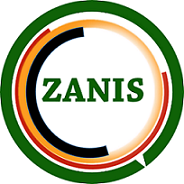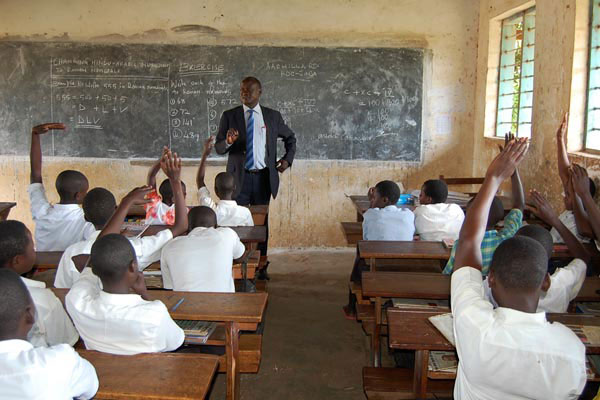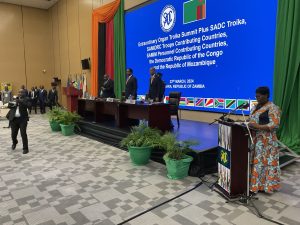An Educationist says Government’s efforts to provide free education for all learners from early childhood to Grade 12 have been an important step towards helping more students finish secondary school.
Eclos Munsaka, a lecturer from the University of Zambia (UNZA) School of Education, said this in Chongwe today during the Research Initiative to Support the Empowerment of Girls (RISE) information dissemination for stakeholders held at Mika Convention Centre.
Dr Musanka who commended Government’s free education policy said the initiative has impacted positively especially on the vulnerable children, adding that many students from poor families have been given a chance to attend boarding schools through Constituency Development Fund (CDF).
Dr Musanka who was part of the investigating team during the RISE reach that was conducted over a period of 4 years, further disclosed that the study also showed that close and active collaboration between schools and traditional leaders and parents can increase support for education for girls and comprehensive sexuality education in the local communities.
He added that the Research received feedback that the training they provided to teachers on comprehensive sexuality education was essential.
“To improve comprehensive sexuality education in schools, teachers need opportunities to continue learning, and production and distribution of good teaching materials is needed.”
The RISE project studied how two different kinds of help affected girls in Zambia.
From March to July 2016, about 4900 girls in Grade seven from 157 schools from six schools in Central and six in Southern provinces participated in the study which was grouped in three categories.
First category, Control group: Girls were given basic school supplies while in the second economic support group: Girls got school supplies, cash every month, helping pay for school in Grade 8 and nine and their families got extra cash support each year for two years.
And the third category was a Combined support group where girls and their families were given the same financial help as the economic support group, in addition, they were regular youth club and community meetings about health and education.
The research findings were that both the financial help and the meetings were liked by adolescents and their parents and that parents were happy that their children were learning about sexual and reproductive health and became more willing to talk about these topics with their children.
“The teenage girls felt more encouraged to stay in school and felt less pressure to have boyfriends to access cash,” read the report in part.
The Research project was implemented by UNZA, University of Bergen and the Norwegian School of Economics.





